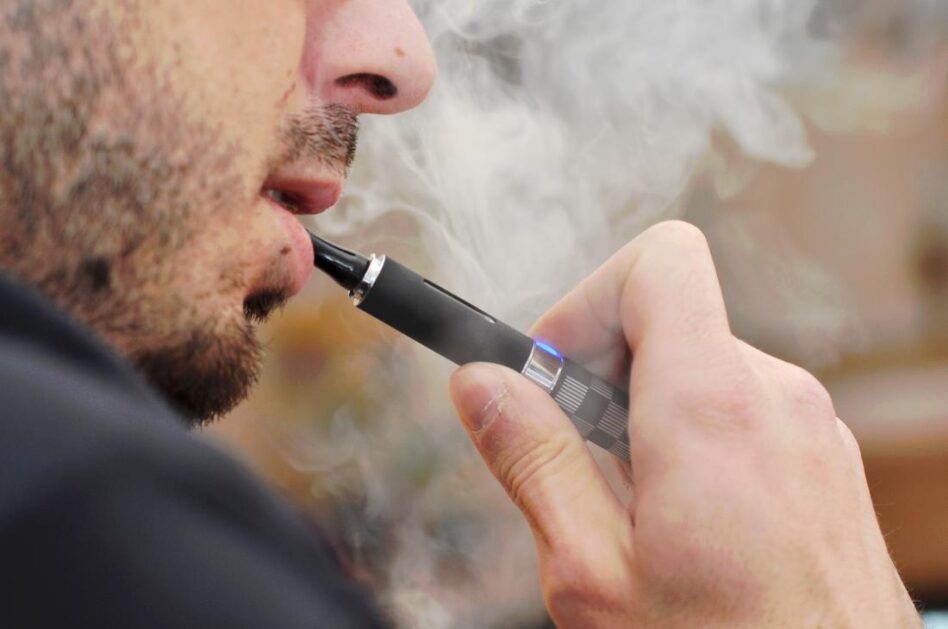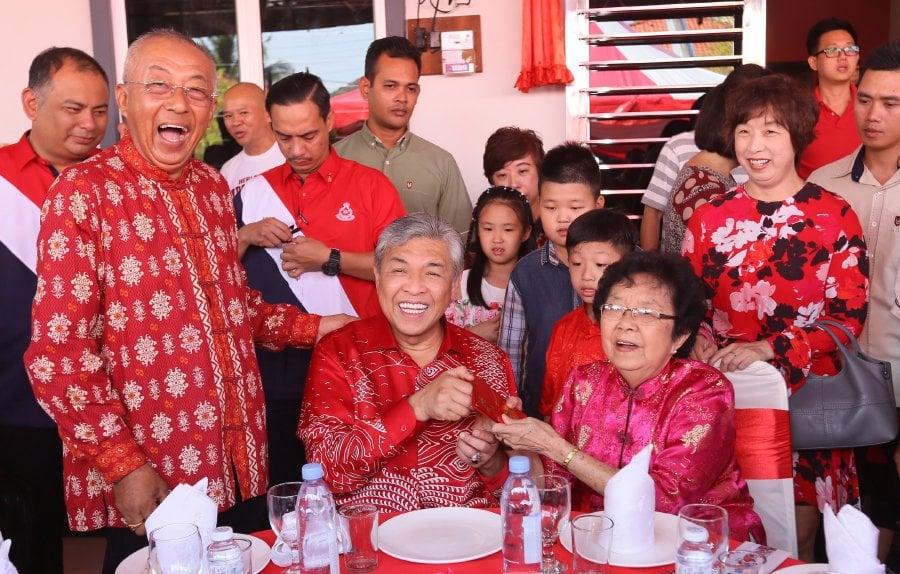By Ranjit Singh
The government’s drive to ensure 70% of the oil palm produced in the country obtains the Malaysian Sustainable Palm Oil (MSPO) certification by February 2020 may not result in higher prices for the product.
Ong Chee Ting, plantation sector analyst at Maybank Investment Bank, tells FocusM that buyers of palm oil have come to expect the certification and would not attach a premium to it.
“We should not expect any premium for Malaysian palm oil certified under MSPO. This initiative is pursued to provide comfort to international buyers that Malaysian palm oil is produced in a sustainable manner,” he says.
According to Bloomberg in a recent report, the world’s biggest growers of palm oil say they’re stepping up efforts to produce the commodity more sustainably, but consumers are unwilling to pay more for environment-friendly supply.
Production of sustainable palm oil has jumped to a record 13.6 million metric tons a year, about 20% of global output, according to the Roundtable on Sustainable Palm Oil (RSPO).
But only half of that is sold as sustainable oil. In the report, Sime Darby Plantation Bhd, the top planter in the world by acreage, says sustainable palm oil is more expensive to produce but hardly anyone is willing to pay a premium.
It quoted Simon Lord, chief sustainability officer at Sime Darby, as saying “there is increasing resentment among growers that the other actors in the supply chain are not stepping up”.
According to a plantation analyst at a bank-based brokerage, the reception towards MSPO-certified palm oil had been encouraging in advanced economies but the take-up was lukewarm among many other importing countries.
“MSPO-certified palm oil has not really taken off in many countries with the exception of advanced economies. Currently, less than 50% of the palm oil produced in Malaysia is MSPO certified,” the analyst tells FocusM.
She adds that buyers in many importing countries were price sensitive and would not pay more for MSPO-certified palm oil.
Palm oil is increasingly controversial, particularly in Western countries, as images of deforestation and dying orang utan turn popular opinion against the ubiquitous commodity. But producers are hitting back, saying consumers aren’t willing to put their money where their mouths are.
To gain certification, it costs producers a minimum of RM8 to RM12 a tonne, and there are other additional expenses such as audit fees, logistics and environmental assessments, says Sime Darby, the biggest producer in the world of certified, sustainable palm oil (CSPO).
So who isn’t buying? According to WWF International, demand for CSPO among major consumers India, China, Malaysia and Indonesia remains low.
The Bloomberg report also quoted Nestle SA as saying that about half the tropical oil it sourced in 2017 was traceable to the plantation, adding that buying the certified variety is one way of pushing the industry toward a sustainable future and it aims to use 100% RSPO-certified oil by 2023.
Discerning consumers
Still, buyers do face challenges procuring the oil “in specific geographies due to the lack of proximity to available CSPO”, says Nestle.
“Consumers today want to know what is in their food, where the ingredients come from and how it is made,” adds Nestle.
Market commitment and uptake of CSPO will be the defining factor when it comes to spurring adoption of sustainability standards, says RSPO.
Palm oil is the world’s highest-yielding oil crop, with an output five to 10 times more per hectare than other leading vegetable oils. Combined with historically low prices, relative shelf stability, and reported nutritional benefits, palm oil has natural advantages that position it as a likely long-term staple of the global diet.
Rapidly expanding populations and changing consumption patterns, as well as increasing demand from the bioenergy and oleochemical industries, have resulted in sustained high prices for crude palm oil.
Intense scrutiny
Malaysia which is the second-largest producer of palm oil in the world has come under intense scrutiny by the West amid claims that its palm oil industry has contributed to massive deforestation, destruction of wildlife and ill-treatment of indigenous people.
Buyers of palm oil have been more discerning on their calls that palm oil must be cultivated in a sustainable manner which has prompted the government to get the commodity MSPO certified.
“If we have certified 100% of our palm oil, we would be the first country in the world to do it,” Malaysian Palm Oil Certification Council (MPOCC) chairman Datuk Franki Anthony Dass tells FocusM.
The MSPO is the national palm oil certification scheme and is operated by MPOCC as the scheme owner.
According to MPOCC, as at the end of October, around 3.4 million hectares or almost 60% of planted areas and 328 mills or 73% of total mills have been MSPO certified. These include smallholders with a planted area of 546,000ha and 1,565 estates with a total area of 2.8 million ha.
The government has been aggressively promoting the certification of palm oil among industry players but has received limited buy-in, especially from smallholders.
Cost of compliance
Besides the cost of compliance, there were other obstacles faced by planters, especially smallholders, in obtaining certification, according to Ong of Maybank Investment Bank.
“Ongoing education of smallholders who are not aware or fully aware of the need for MSPO certification, especially European buyers’ requirements in ensuring palm oil is produced in a sustainable manner, is necessary. Hence, smallholders have been slow in getting their plantation MSPO certified,” says Ong.
[box] Tracing sustainability practices
In an attempt to enhance the sustainability features of palm oil, MPOCC recently launched an IT platform known as MSPO Trace, a continuous certification monitoring platform which aims at delivering sustainability, accountability and traceability throughout the oil palm value chain from grower to customer.
The MPSO certification is awarded for a period of five years and after the period lapses, the oil palm company has to be recertified. Minister of Primary Industries Teresa Kok recently announced that companies which fail to get their oil palm plantation MSPO-certified will lose their planting licence from the Malaysia Palm Oil Board (MPOB).
MPOCC is targeting 100% traceability through MSPO Trace of certified palm oil from plantations nationwide by 2025. The trace will have digital and real-time statistics which display complete traceability from product to cultivation equipped with Geo location features, seamless data update via cloud connectivity, protection of data and privacy of users coupled with merging features with the MPOB’s E-Trace System.
MSPO Trace was developed by AIREI Sdn Bhd, an IT systems developer with expertise in agriculture software solutions. It comprises four modules which include certification, traceability, logo usage, and complaints and grievances.
Development of the certification and traceability modules are ready to be implemented while the second stage of the project on logo usage and complaints is targeted to be completed by December.
The development of MSPO Trace is aimed at allaying various accusations against the oil palm industry in Malaysia of deforestation, worker exploitation, indigenous peoples’ rights violation, greenhouse gas emissions, biodiversity and habitat loss, and illegal land conversion.
If the MSPO Trace identifies any breach by the plantation company of the certification requirement, its certificate will be revoked.
MSPO Trace integrates all the activities of the local palm oil industry using big data management and data decision making.[/box]










